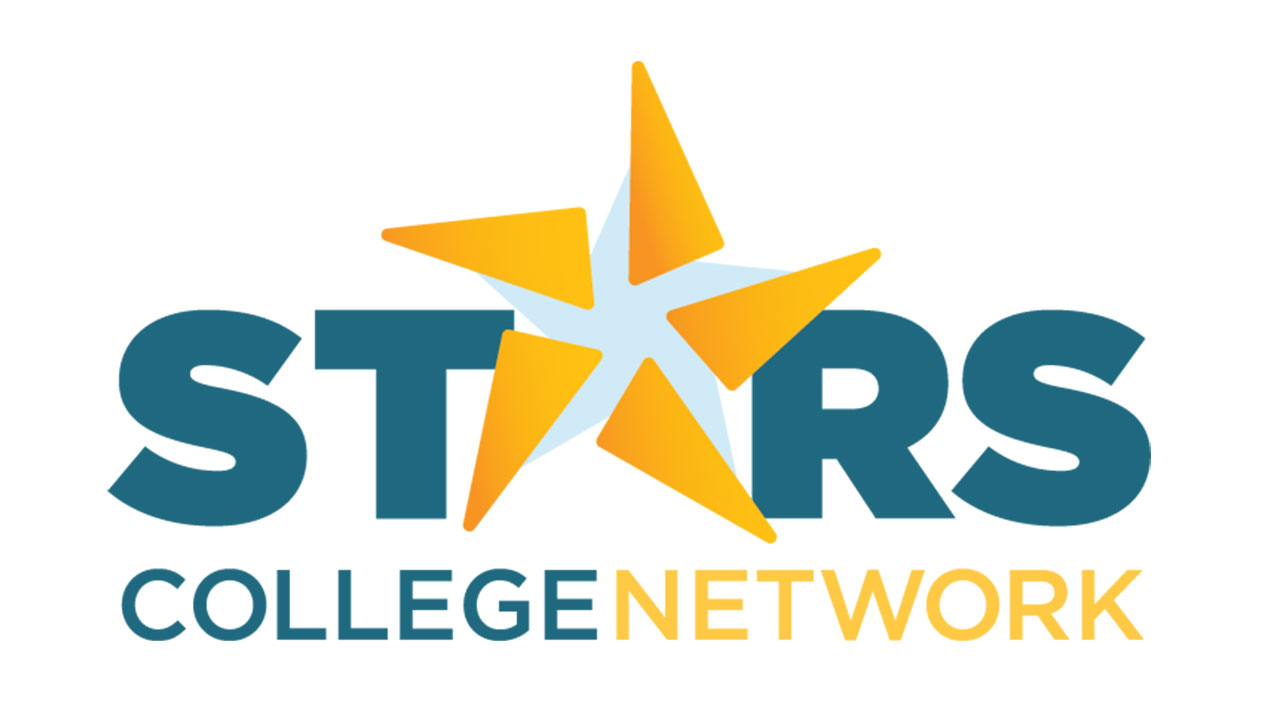content body

Auburn University recently joined the Small Town and Rural Students College Network (STARS) in support of recruitment efforts in small and rural areas.
The network — first announced a year ago with an initial cohort of 16 universities and now doubling its membership to 32 of the nation’s most prominent universities and colleges — creates new pathways to college for students who might not otherwise recognize the full range of educational offerings available to them.
“Auburn University remains dedicated to extending its reach to all corners of Alabama, especially underserved and rural communities,” said Joffery Gaymon, Auburn’s vice president for enrollment. “The STARS Network is a great partnership that will further equip us to reach smaller communities that lack needed resources and to best connect students to life-changing opportunities.”
The effort — free to students who register with STARS — is supported by a $20 million gift from Trott Family Philanthropies, the foundation of Byron and Tina Trott. STARS helps students prepare academically and for college life and opens access to on-campus visits to those from rural areas and small towns. It also makes possible expanded visits by college admissions staff to rural areas, and it provides scholarship funds for financial aid and supports ambassador and mentor roles as well as internship opportunities through partnerships with local and national businesses. The network’s initial cohort included such higher education institutions as Brown University, California Institute of Technology, Massachusetts Institute of Technology, Northwestern University, The Ohio State University, University of Iowa, University of Southern California, Vanderbilt University and Yale University.
Blaise Koda, an aerospace engineering major from Montgomery who was accepted to Auburn this past fall, commends Auburn for taking such steps to grow access to students from underserved communities. Koda was named a Melton Scholar — a new need-based program named after 1988 Auburn graduate Harold Melton, former chief justice of the Georgia Supreme Court and Auburn’s first Black student body president. The program was designed to both increase access for underrepresented students and support them throughout their Auburn experience.
“I believe that any and all help is essential for up-and-coming college students,” Koda said. “But I believe it to be especially important for those that may not have the same opportunities as other students, such as those from rural areas. Programs like these can help put rural students on large universities' radars and can even give more opportunities to the rural students themselves, and I believe that to be the most important aspect as to why programs like the STARS Network are essential.”
With Alabama ranking as the eighth most rural state in the nation, nearly half of its public schools are classified as rural. According to the National Rural Education Association, one in every five Alabama children lives in poverty. The idea to bridge some of that gap through STARS Network support, Gaymon said, was brought to Auburn President Christopher B. Roberts by Auburn Board of Trustees member Jimmy Sanford in collaboration with his friend, Dr. David Bronner.
“Auburn's commitment to its land-grant mission is deeply rooted in serving all Alabamians, including those from underserved rural areas,” Sanford said. “I’m thrilled that Auburn is joining such a strong network of support for those throughout our state and beyond and representing all socioeconomic backgrounds.”
Auburn’s STARS initiative identifies counties where enrollment has been historically low. The effort will prioritize a threefold strategy of intensive interaction, tailored communication and valuable engagement opportunities. The drive also calls for greater communication to rural and small-town audiences in providing personalized information and assistance during the enrollment process. Additionally, funding will support other meaningful recruitment and outreach efforts, including visits to rural high schools.
Koda said such opportunity is important as it can change lives for the better — something he’s personally witnessed through Auburn’s exceptional student experience.
“Attending Auburn has been better than I even imagined,” he said. “I have met tons of new people and made even deeper bonds with those I had already befriended. The Auburn Family and atmosphere is simply indescribable, and I am very glad I was accepted into the school and was able to attend.”
Auburn STARS Network program
Learn more



